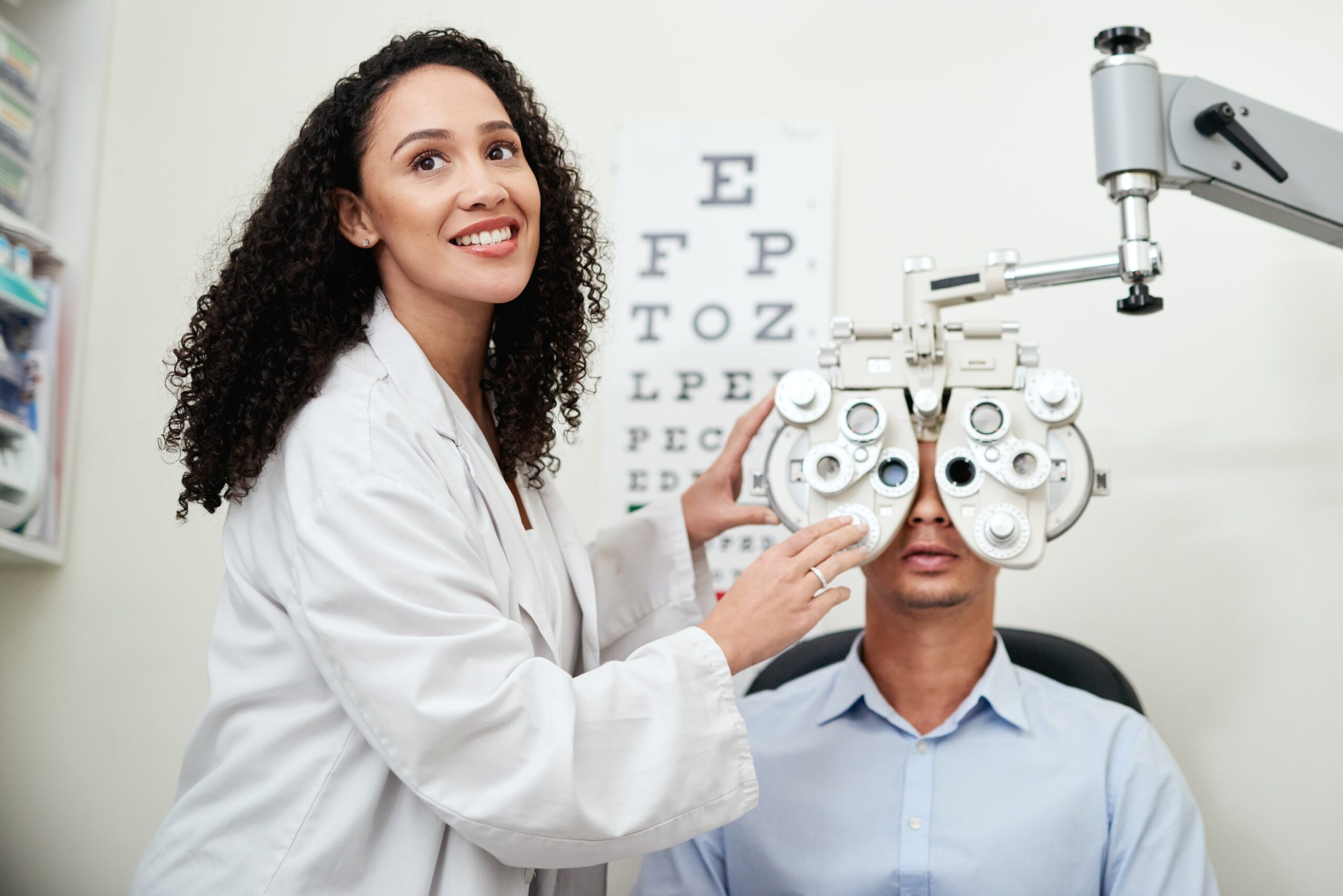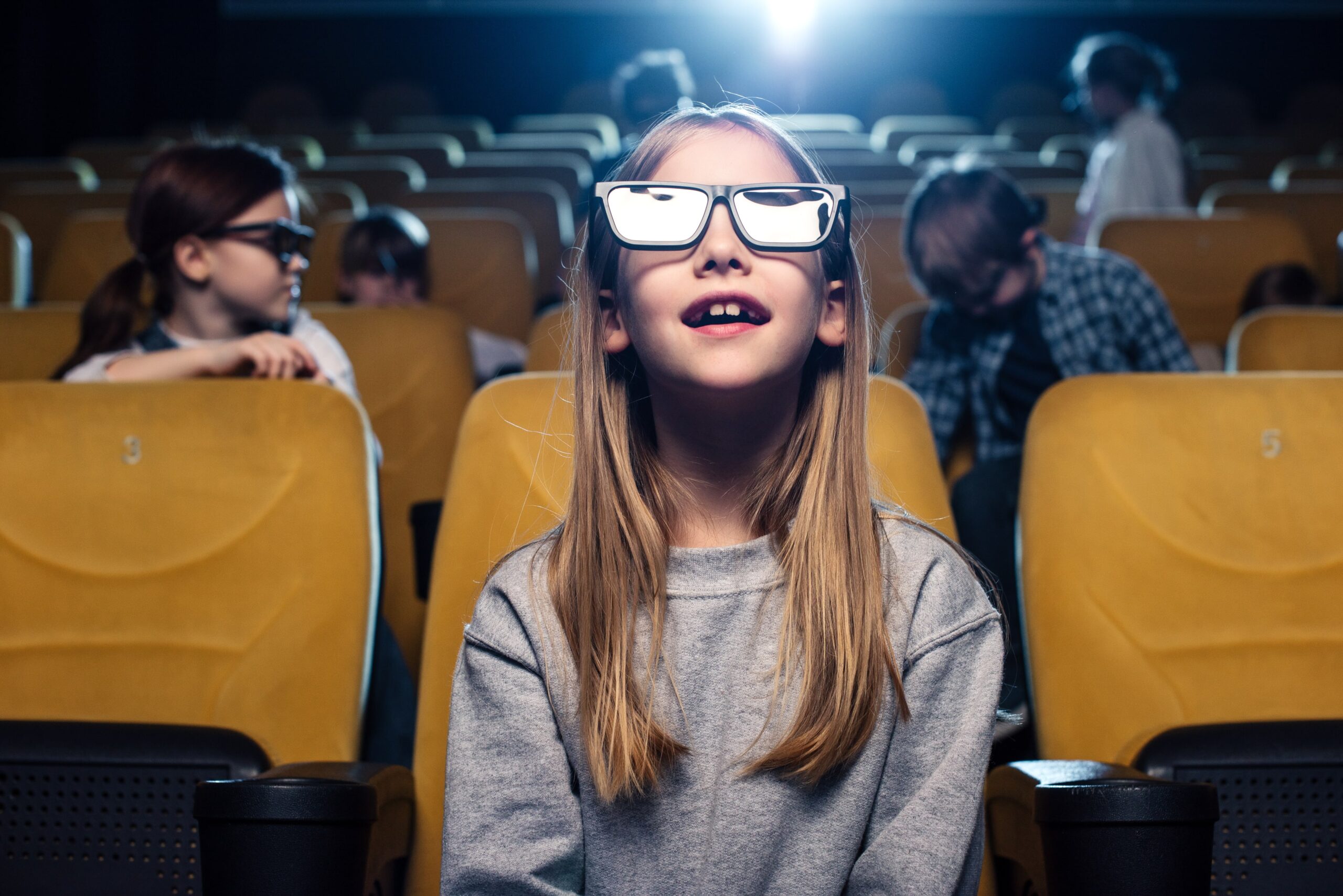Have you ever wondered how we can easily move around without bumping into things? This amazing ability comes from our depth perception, which helps us see the world in 3D. At the core of this skill is something called retinal disparity. Understanding the intricacies of retinal disparity and its role in depth perception will allow you to navigate the world with precision and ease.
Understanding Retinal Disparity
Retinal disparity, or binocular disparity, is the slight difference in the images captured by our two eyes due to their positions on our faces. The different viewing angles create unique visual cues. Our brain uses them to judge the distance and depth of objects around us.
Depth perception comes from our binocular vision. It relies on both eyes working together. Each eye gets a slightly different image. The brain combines these views to create a single, 3D perception of the world. This process, known as stereopsis, is the foundation of our depth perception.
Why Retinal Disparity is Important
Retinal disparity is key to this amazing ability. When we look at something, each eye captures a slightly different image. Our brain then looks at these differences to figure out how far away and deep the object is. This helps us judge where and how big things are, making it easier to move around safely.
Exploring the Types of Stereopsis
Depth perception is not a binary function; it exists on a spectrum with different levels of sophistication. There are two main types: coarse stereopsis and fine stereopsis.
- Coarse Stereopsis: Coarse stereopsis, or gross stereopsis, uses larger differences in retinal disparity. It gives a general sense of depth and spatial awareness. This type of stereopsis helps us navigate our environment and lets us judge our position and the distances to objects.
- Fine Stereopsis: Fine stereopsis deals with minor differences in what our eyes see, letting us make exact judgments about depth. This is important for tasks that require careful hand movements, like sewing or delicate surgery. Eye doctors often test fine stereopsis during eye exams to check how well you can see depth.
Testing Depth Perception
Testing depth perception is an important part of eye care. There are several ways eye doctors can check how well you see depth. These tests help find any problems with depth perception, which can affect daily activities like driving or playing sports.
Dot Pattern Tests
One common way to test 3D vision is with dot pattern tests. These show the patient a bunch of dots with a hidden shape inside. The patient wears special glasses that make each eye see something different. They then must find the hidden shape, showing how well they can see in 3D.
Outline Tests
Another way to check 3D vision is with outline tests. These show overlapping pictures or shapes that the patient must combine in their mind to see depth. Like the dot tests, these often use special glasses to make each eye see something different.
Evaluating Depth Perception in Daily Life
Standardized tests assess depth perception. But we should also consider how it affects daily activities. Watching a person’s performance in depth-judging tasks, like driving or sports, can reveal much about their vision.
Factors Affecting Depth Perception
Depth perception is a complex and delicate process, and many things can change how well someone sees depth.
Eye Conditions and Disorders
Certain eye conditions, such as strabismus (misalignment of the eyes), amblyopia (lazy eye), or refractive errors, can disrupt eye coordination and impair the brain’s ability to process retinal disparities effectively. This can make it tough to see depth well, making it hard to move around easily or do tasks that require good depth judgment. Everyday activities like reading, driving, and even walking up stairs can become more difficult without proper depth perception, increasing the risk of accidents or mistakes.
Neurological Factors
Depth perception can also be affected by neurological factors. Traumatic brain injuries, strokes, or other neurological disorders that impact the visual processing centers of the brain can interfere with the brain’s ability to interpret retinal disparities, leading to depth perception issues.
Age and Development
Depth perception is a learned skill. It develops in childhood as the visual system matures and gains experience with the environment. As we age, our eyes change. This can affect our depth perception. So, we must monitor and address any changes over time.
Improving Depth Perception
Fortunately, for individuals experiencing depth perception challenges, there are various strategies and interventions available to enhance their visual capabilities.
- Vision Therapy: Vision therapy is a specialized form of treatment that focuses on exercises and activities designed to improve eye coordination, strengthen depth perception skills, and retrain the brain’s ability to process visual information effectively. These tailored programs can effectively address a wide range of depth perception issues.
- Corrective Lenses: Sometimes, depth perception problems can be addressed with corrective lenses, such as eyeglasses or contact lenses. By addressing underlying refractive errors or other vision problems, these optical aids can help improve the clarity and coordination of the eyes, enhancing depth perception.
- Surgical Interventions: Surgical interventions may be necessary for more severe or persistent depth perception issues. Procedures like strabismus surgery can realign the eyes, making them work together better and helping the brain understand depth cues more accurately.
- Incorporating 3D Activities: Doing things involving 3D environments, like playing 3D video games or watching 3D movies, can also help the brain understand depth better over time.
Contact Florida Eye Today
It’s amazing how our eyes work together to see depth. Retinal disparity is the foundation of our depth perception and allows us to move around easily and do things with precision. Understanding how this works helps us appreciate how complex our vision is and why keeping our eyes healthy is important.
Your vision is vital to navigating the world around you with confidence. If you’re experiencing any issues with depth perception or want to ensure your eyes stay healthy, the specialists at Florida Eye are here to help. Schedule your eye exam today and let our team support your eye health for a clearer, brighter future.





